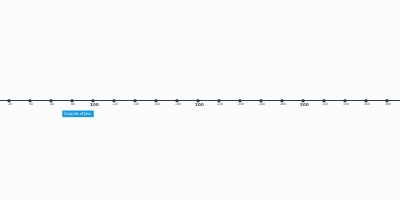Abassid Caliphate (30 nov 750 año – 2 feb 1258 año)
Descripción:
They ruled as caliphs for most of the caliphate from their capital in Baghdad in modern-day Iraq, after having overthrown the Umayyad Caliphate in the Abbasid Revolution of 750 CE (132 AH).The Abbasid Caliphate first centred its government in Kufa, modern-day Iraq, but in 762 the caliph Al-Mansur founded the city of Baghdad, near the ancient Sasanian capital city of Ctesiphon. The Abbasid period was marked by reliance on Persian bureaucrats (notably the Barmakid family) for governing the territories as well as an increasing inclusion of non-Arab Muslims in the ummah (national community). Persianate customs were broadly adopted by the ruling elite, and they began patronage of artists and scholars.[4] Baghdad became a centre of science, culture, philosophy and invention in what became known as the Golden Age of Islam.
Despite this initial cooperation, the Abbasids of the late 8th century had alienated both non-Arab mawali (clients)[5] and Iranian bureaucrats.[6] They were forced to cede authority over Al-Andalus and the Maghreb to the Umayyads in 756, Morocco to the Idrisid dynasty in 788, Ifriqiya to the Aghlabids in 800 and Egypt to the Isma'ili-Shia caliphate of the Fatimids in 969.
The political power of the caliphs largely ended with the rise of the Iranian Buyids and the Seljuq Turks, which each captured Baghdad in 945 and 1055 respectively. Although Abbasid leadership over the vast Islamic empire was gradually reduced to a ceremonial religious function, the dynasty retained control over its Mesopotamian domain. The Abbasids' period of cultural fruition ended in 1258 with the sack of Baghdad by the Mongols under Hulagu Khan. The Abbasid line of rulers, and Muslim culture in general, re-centred themselves in the Mamluk capital of Cairo in 1261. Though lacking in political power, the dynasty continued to claim religious authority until after the Ottoman conquest of Egypt in 1517.
Añadido al timeline:
fecha:
30 nov 750 año
2 feb 1258 año
~ 507 years
